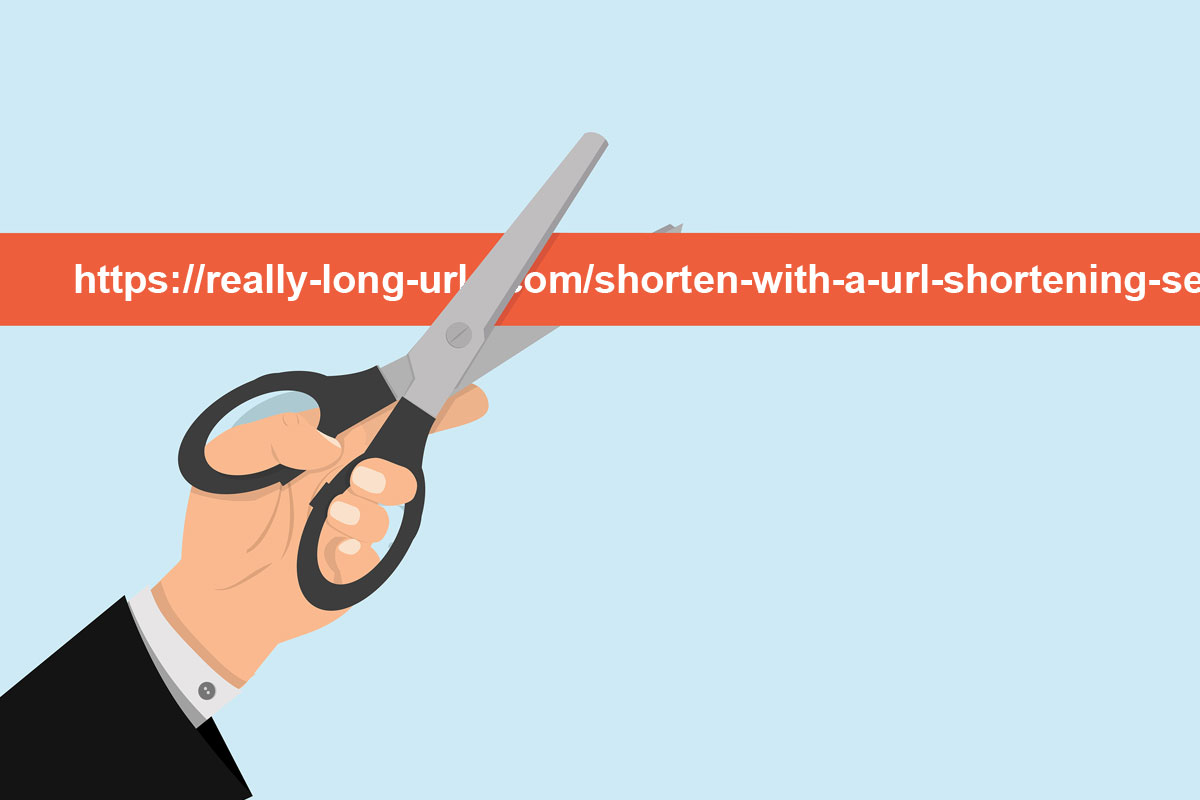The Art of Shortening URLs: Why and How
In the digital era, the internet has become an essential aspect of our lives. As we navigate the vast online landscape, we often come across long, cumbersome URLs that are difficult to remember and share. This is where the art of shortening URLs comes into play. URL shortening is a technique used to create shorter and more manageable web addresses. It involves transforming a long URL into a condensed format that is easier to share and remember. There are several reasons why people use URL shortening services, and understanding the benefits and methods behind this art can be helpful.
The Importance of Shortening URLs
Long URLs can be problematic in various scenarios. For instance, when sharing links on social media platforms with character limits, a lengthy URL may consume a significant portion of the available space, making it challenging to provide additional context or commentary. Moreover, when sharing links through messaging apps or email, the chances of errors or broken links increase with long URLs. Shortening URLs alleviates these issues and creates a smoother experience for users.
Shortened URLs also play a vital role in branding and marketing. Lengthy web addresses can appear complex and unappealing, diminishing the visual aesthetics of promotional materials. By utilizing shortened URLs, we can create cleaner, more concise links that align with our brand's image and are visually appealing to users. This enhances brand recognition and reinforces our online presence.
Why Shorten URLs?
Improved Readability: Long URLs contains complex strings of characters can be difficult to read and understand, especially when shared verbally or in print. Shortened URLs are concise and easier to comprehend.
Social Media Constraints: Platforms like Twitter impose character limits on posts. Shortened URLs allow users to share links while conserving precious characters for their actual message.
Tracking and Analytics: URL shorteners often provide analytics tools that allow users to track click-through rates, monitor traffic sources, and gain insights into user behavior. This data can be valuable for marketing campaigns and understanding audience engagement.
Aesthetics and Branding: Shortened URLs can be customized to reflect a brand or specific campaign, making them more visually appealing and memorable. They can also be used for vanity purposes, such as personalizing a link for a personal website or blog.
How to Shorten URLs?
Use Online URL Shortening Services: There are numerous online platforms that offer URL shortening services. These services typically allow you to paste a long URL into their interface and generate a shortened version. Popular examples include Bitly, TinyURL, and Rebrandly.
Browser Extensions and Add-ons: Many web browsers have extensions or add-ons that provide URL-shortening functionality. These tools often integrate with popular URL-shortening services, allowing you to generate shortened URLs with a single click.
Custom Domain: Some URL shorteners provide the option to use a custom domain. It allows you to create shortened URLs using your domain name and enhance brand recognition and credibility.
Bitly API: For developers or advanced users, services like Bitly offer APIs (Application Programming Interfaces) that allow you to programmatically generate and manage shortened URLs. This option provides more flexibility and control over the URL-shortening process.
URL Shortening Scripts: If you have your own website or server, you can install and configure URL shortening scripts. These scripts allow you to create your URL-shortening service, giving you complete control over the process.
Remember, while URL shortening can be convenient and beneficial, it's essential to exercise caution when clicking on shortened links from unknown sources. Be wary of potential phishing attacks or malicious content. Ensure you trust the source of the shortened URL before accessing the link.
Best Practices for URL Shortening
It's vital to follow some best practices to ensure the effectiveness of your shortened URLs. Let's explore a few key guidelines:
1. Maintain Relevancy and Context
While it's tempting to shorten URLs to their bare minimum, retaining relevancy and context is crucial. A concise URL is beneficial, but it should still give users an idea of what to expect when they click the link. Consider using relevant keywords or a hint of the page's content in your shortened URL to provide clarity and encourage click-throughs.
2. Be Mindful of SEO
Shortening URLs shouldn't come at the cost of SEO. When using URL shorteners, ensure they don't strip out important metadata or affect your website's ranking potential. Some URL shortener services provide options to preserve SEO elements like canonical tags or allow you to customize these elements to maintain a strong SEO foundation.
3. Test and Monitor Performance
It's essential to test and monitor the Performance of your shortened URLs. Regularly check the analytics your chosen URL shortener tool provides to gain insights into link performance, audience engagement, and conversion rates. This data will help you identify trends, optimize your campaigns, and make data-driven decisions to enhance your online strategy.
4. Consider Link Longevity
While shortening URLs can be immensely helpful in the short term, it's crucial to consider link longevity. Avoid using temporary or disposable URL shorteners, which can result in broken links if the service discontinues or changes its policies. Opt for reputable, established URL shortener tools that offer stability and ensure your links remain functional in the long run.
Mastering the Art of URL Shortening
Shortening URLs is an art that combines simplicity, user experience, and digital marketing savvy. By understanding the benefits, exploring different methods, and adhering to best practices, you can master this art form and leverage it to enhance your online presence. Whether you're a business owner, marketer, or content creator, the skill of URL shortening will undoubtedly prove invaluable in improving your digital reach and driving meaningful engagement with your audience.
So, why settle for long, cumbersome URLs when you can transform them into sleek, shareable links? Embrace the art of URL shortening and unlock the potential to captivate your audience, boost your click-through rates, and achieve greater online success. Start practicing today and witness its impact on your digital presence.
